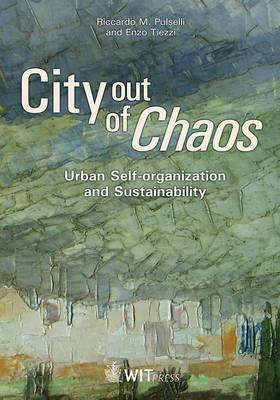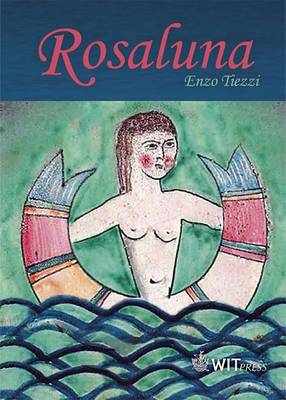Sustainable World
2 primary works
Book 19
The rhythms of technology and nature are out of phase. This fact underlies the global environmental crisis. Man-made perturbations, even small local ones, can trigger large-scale effects. To reinstate an alliance between humans and nature, as described by Prigogine, the father of evolutionary physics, it is necessary to learn to observe the general behaviour and evolution of real systems, including human systems in their context. The theories of chaos and complexity can help us to understand these systems: all natural and man-made processes on our planet have a common matrix and are interconnected. Evolutionary physics is the study of the emergence of novelty from the complex fabric of relationships of which we are part. It explains the formation of living structures and their evolution in a dynamic world. Dissipative structures, steady state systems, self-organization, fluctuations and feedback are some of the concepts considered by the authors in their treatment of complex systems such as climate, society, economies and cities. The book is specifically concerned with cities.The aim of the authors is to promote a new operative approach to the study of urban systems through an integrated, systemic view of their components and relations with the outside.
Evolutionary science opens new development prospects for cities in the framework of sustainability. Readers will find discussions on monitoring techniques, environmental accounting, sustainability indicators, ways of representing cities through systems language, measurement of flows and stocks, mobile geographies and dynamic mapping. The authors, an architect and a physical chemist, draw examples from literature, contemporary art, oscillating chemical reactions, architecture, invisible cities, imaginary characters, snowflakes and hurricanes. The book represents a meeting of science, technology, arts and philosophy, which it is hoped will produce something new.
Evolutionary science opens new development prospects for cities in the framework of sustainability. Readers will find discussions on monitoring techniques, environmental accounting, sustainability indicators, ways of representing cities through systems language, measurement of flows and stocks, mobile geographies and dynamic mapping. The authors, an architect and a physical chemist, draw examples from literature, contemporary art, oscillating chemical reactions, architecture, invisible cities, imaginary characters, snowflakes and hurricanes. The book represents a meeting of science, technology, arts and philosophy, which it is hoped will produce something new.
Book 20
Rosaluna is special. Her birth in the opaque sulphurous water of a thermal spring gave her almost magic powers. Rosaluna can go back in time while day dreaming or while riding her pureblood Arab mare. She can go back but cannot tell the future, because at any instant the number of possible events is infinite and time is irreversible, whereas the past, as her grandmother says, is known. In a continuous flashback of characters, fables and journeys, Rosaluna's story unfolds, interlacing with other stories that revolve around a family of the Sienese Chianti and its many friends, some of whom are well known: Nobel laureates, artists, peasants, intellectuals. Scientific knowledge of nature, environmental harmony and modern theories of evolutionary physics, themes dear to Enzo Tiezzi, permeate the story like filigree, though the plot is dominated by the loves and adventures of Rosaluna, her traveling companions and certain "gentlemen of fortune". The reader remains suspended between Yucatan and Lapland, Mauritania and Siena, between imaginative alchemy and meditated amazement, and as in a whodunnit, is able to gather the many threads of the story only towards the end.The book is a sort of pop opera that violates the confines of the family saga and the adventure story, a Hellzapoppin' (in the sense of a film within a film) without malice, that dips and soars, stimulating the imagination.
With two purposely unfinished tales, it is like a black and white film that the reader colours.
With two purposely unfinished tales, it is like a black and white film that the reader colours.

